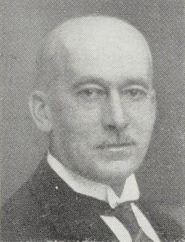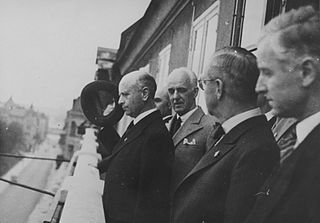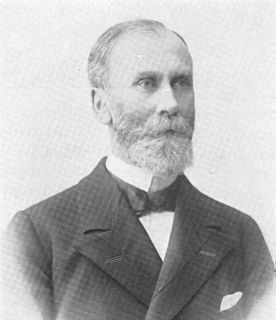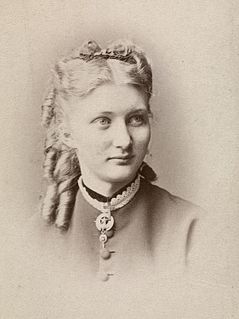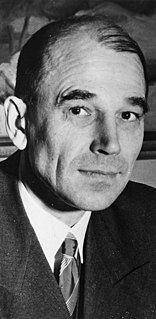Personal life
He was born in Lier as the son of Colonel Sigvard Polidor Wollebæk (1835–1920) and his wife Anine Julie Augusta Dahl (1834–1912). He was the brother of zoologist Alf Wollebæk, and on the maternal side he was a descendant of Carl Adolph Dahl and Carl Adolf Dahl. [1]

Lier is a municipality in Buskerud county, Norway. The administrative centre of the municipality is the village of Lierbyen. The municipality of Lier was established on 1 January 1838. The area Åssiden was transferred from Lier to the neighboring municipality of Drammen on 1 July 1951.
Colonel is a senior military officer rank below the brigadier and general officer ranks. However, in some small military forces, such as those of Monaco or the Vatican, colonel is the highest rank. It is also used in some police forces and paramilitary organizations.

Alf Wollebæk was a Norwegian zoologist and curator.
In December 1912 he married Ida Fredrikke Gram (1880–1967), a daughter of the former Prime Minister Gregers Winther Wulfsberg Gram. Through his wife, he was the brother-in-law of Harald Gram [1] and uncle of Gregers Gram.

Harald Gram was a Norwegian jurist, politician and genealogist. He was secretary general for the Conservative Party of Norway for 22 years, deputy mayor of Aker, member of Parliament from 1928 to 1936, and stipendiary magistrate in Oslo from 1936 to 1957. He was also noted for his work during World War II.
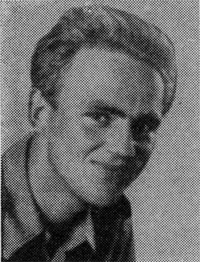
Gregers Winther Wulfsberg Gram MC MM was a Norwegian resistance fighter and saboteur. A corporal and later second lieutenant in the Norwegian Independent Company 1 during the Second World War, he was killed in 1944.
Career
Wollebæk went to school in Drammen and Lillehammer. He finished his secondary school in 1893, and graduated from the University of Kristiania with the cand.jur. degree in 1898. He began his career in the foreign service a few years later, as a secretary in the Ministry of Trade. His first assignment abroad came while the Union between Sweden and Norway still existed, as an attaché at the two countries' legation in Paris. Following the dissolution of the union in 1905, Norway established its own Ministry of Foreign Affairs, and he was promoted to subdirector in 1909 and deputy under-secretary of state in 1916. [1]
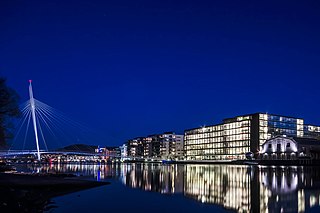
Drammen is a city in Buskerud, Norway. The port and river city of Drammen is centrally located in the eastern and most populated part of Norway. Drammen is the capital of the county of Buskerud.

Lillehammer is a town and municipality in Oppland county, Norway. It is part of the traditional region of Gudbrandsdal. The administrative centre of the municipality is the town of Lillehammer. As of 2018, the population of the town of Lillehammer was 28 034. The city centre is a late nineteenth-century concentration of wooden houses, which enjoys a picturesque location overlooking the northern part of lake Mjøsa and the river Lågen, surrounded by mountains. Lillehammer hosted the 1994 Winter Olympics and 2016 Winter Youth Olympics. Before Oslo's withdrawal from consideration, it was included as part of a bid to host events in the 2022 Winter Olympics if Oslo were to win the rights to hold the Games.
Examen artium was the name of the academic certification conferred in Denmark and Norway, qualifying the student for admission to university studies. Examen artium was originally introduced as the entrance exam of the University of Copenhagen in 1630. The University of Copenhagen was the only university of Denmark-Norway until The Royal Frederick University in Christiania was founded in 1811.
He worked with international law, as chairman of Sjøgrensekommisjonen, and delegate to the Spitsbergen conferences in 1912 and 1914. [2] He was minister (leader) of the Norwegian legation in Berlin from 1920 to 1921, and in 1921 he was given the same position the Norwegian legation in Stockholm, following the death of Francis Hagerup. He remained here until 1940. [1]
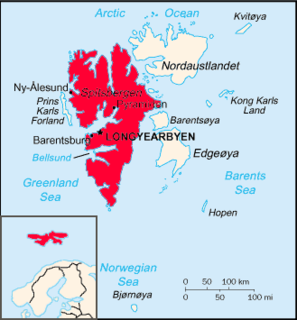
Spitsbergen is the largest and only permanently populated island of the Svalbard archipelago in northern Norway. Constituting the westernmost bulk of the archipelago, it borders the Arctic Ocean, the Norwegian Sea, and the Greenland Sea. Spitsbergen covers an area of 37,673 km2 (14,546 sq mi), making it the largest island in Norway and the 36th-largest in the world. The administrative centre is Longyearbyen. Other settlements, in addition to research outposts, are the Russian mining community of Barentsburg, the research community of Ny-Ålesund, and the mining outpost of Sveagruva. Spitsbergen was covered in 21,977 km2 (8,485 sq mi) of ice in 1999, which was approximately 58.5% of the island's total area.

A legation was a diplomatic representative office of lower rank than an embassy. Where an embassy was headed by an ambassador, a legation was headed by a minister. Ambassadors outranked ministers and had precedence at official events. Legations were originally the most common form of diplomatic mission, but they fell out of favor after World War II and were upgraded to embassies.

Berlin is the capital and largest city of Germany by both area and population. Its 3,748,148 (2018) inhabitants make it the second most populous city proper of the European Union after London. The city is one of Germany's 16 federal states. It is surrounded by the state of Brandenburg, and contiguous with its capital, Potsdam. The two cities are at the center of the Berlin-Brandenburg capital region, which is, with about six million inhabitants and an area of more than 30,000 km², Germany's third-largest metropolitan region after the Rhine-Ruhr and Rhine-Main regions.
Following 9 April 1940, when Norway was invaded and subsequently occupied by Nazi Germany, Stockholm became an important city for Norwegian politics. Wollebæk had refused to obey the orders of Vidkun Quisling —who during the German invasion declared a Fascist coup d'état—and the Norwegian legation in Stockholm was soon reinforced with additional personnel. Jens Bull, the highest-ranking civil servant in the Ministry of Foreign Affairs, was sent to Stockholm, and the Norwegian government-in-exile, once secure in London, sent its representatives. Wollebæk participated in negotiations in the summer of 1940, but at the same time he fell ill. He died in October 1940, [1] being succeeded by Jens Bull. Before the war ended, more than 50,000 Norwegians had fled to Sweden. [3]

Operation Weserübung was the code name for Germany's assault on Denmark and Norway during the Second World War and the opening operation of the Norwegian Campaign. The name comes from the German for "Operation Weser-Exercise", the Weser being a German river.

Vidkun Abraham Lauritz Jonssøn Quisling was a Norwegian military officer and politician who nominally headed the government of Norway during the occupation of the country by Nazi Germany during World War II. He first came to international prominence as a close collaborator of explorer Fridtjof Nansen, organizing humanitarian relief during the Russian famine of 1921 in Povolzhye. He was posted as a Norwegian diplomat to the Soviet Union, and for some time also managed British diplomatic affairs there. He returned to Norway in 1929, and served as Minister of Defence in the governments of Peder Kolstad (1931–32) and Jens Hundseid (1932–33), representing the Farmers' Party.

Jens Steenberg Bull was a Norwegian jurist and diplomatist. He played his most important role during World War II, when he represented his country in Stockholm, Sweden.
Wollebæk was decorated as a Commander of the Royal Norwegian Order of St. Olav in 1922. He received the Grand Cross of the Swedish Order of the Polar Star and the Spanish Order of Isabella the Catholic, and was Commander of the Danish Order of the Dannebrog and the Swedish Order of Vasa. [1]
This page is based on this
Wikipedia article Text is available under the
CC BY-SA 4.0 license; additional terms may apply.
Images, videos and audio are available under their respective licenses.
